
Jimmy Durán: Confronting the unfamiliar
Jimmy Durán has spent his career seizing every opportunity. Now, as Director of Programs for the Greater Philadelphia Hispanic Chamber of Commerce, he's…
Jimmy Durán sits down to consult a bodegero and envisions his father.
He sees Latinos: former lawyers, doctors and software developers in their home countries, now cleaners, dishwashers and laborers, forced to put aside their qualifications, stripped of their pride and asking for help.
Sometimes, he said, it’s easy to forget how difficult it is for immigrants to complete foreign processes like filling out government paperwork in a new American system. Sometimes, he wants to tell Hispanic business owners who aren’t operating “by the book” what they’re doing wrong.
“You don’t tell your father he’s wrong,” Durán said, so he’s learned to be diplomatic.
He’s established an approachable, trustworthy persona that projects positivity and possibility. His clients allow him into their space. Durán, Director of Programs for the Greater Philadelphia Hispanic Chamber of Commerce (GPHCC), embraces his relationships with Latino business owners and gives their ambition the soil and nutrients it needs to grow, without judgment.
“It doesn’t say anything about your character, it doesn’t say anything about who you are, not knowing what you don’t know,” he said.
Durán sits down with Hispanic entrepreneurs and offers his guidance, seeing the often overlooked potential of more than 18,000 Latino-owned businesses in Philadelphia, and the consequences of ignoring Hispanics, the country and city’s fastest-growing source of economic contribution.
A Dominican-American, Durán was raised in the heavily Hispanic neighborhood of Williamsburg in South Brooklyn, NY, also known as “Los Sures” by its majority Dominican and Puerto Rican residents. Almost half of all Dominicans in the U.S. live in New York, and Durán was first and foremost encompassed in the Spanish-speaking community and culture.
Durán’s father started a grocery store business and his parents only spoke Spanish. As an elementary-aged kid, Durán was conflicted when he had to step into the “non-Dominican world,” and did not understand or value his bicultural experience - he viewed it more like a chore.
The English language and American culture began to shape Durán’s knowledge and perspective, making him a bilingual resource for his parents, friends and neighbors: he was their connection between the Dominican and non-Dominican world. Whether he liked it or not, a young Durán grew up translating documents and helping members of his community navigate the structure and cultural aspects of American life.
“Later on I realized it’s great to be bilingual, bicultural and have a diverse experience,” Durán said. “The minute you learn the English language, you become this amazing tool.”
Now, in his position at GPHCC, Durán has fallen into the role he held in his Dominican community in Brooklyn. He holds training workshops, networking events and meets one-on-one with hopeful Latino entrepreneurs in the Philadelphia area to assist them in the process of expanding their small businesses. Durán is the liaison between Hispanic immigrants and the complexities of owning and operating a business, building the foundation for a more stable, prosperous Latino legacy in the city’s economy.
While Durán was born in Brooklyn, his three older siblings were raised and attended school in the Dominican Republic. When he was eight years old, he was moved back to be reunited with the rest of his family and forced to adjust to native Dominican culture, practically overnight. But there, he was always “the gringo” with poor Spanish and poor dancing skills.
“I was never the one to follow one specific path,” Durán said, explaining how the move left him feeling shaken and unstable. “That was my first shock, to [thinking] wait a minute, nothing is permanent.”
Like most Dominicans who left Hispaniola during the 1960s, Durán’s family was fleeing the clutches of brutal dictator Rafael Trujillo. The dictator had put his grandfather’s brother, a member of the rural police, in prison for helping a target of the regime escape assassination. Simply being related to a dissident made it dangerous for Durán’s grandfather and his sons to remain, plus they were seeking a better economic outcome. However, when it was safe to do so, his family returned - “nothing is permanent.”
In the Dominican Republic, Durán admired his five strong-willed, disciplined sisters who danced bachata, salsa and merengue dominicano, the national dance. They were tough on him, he said, but instilled in him a sense of respect for his parents and women in leadership positions.
Durán and his siblings compete in their professional lives for “daddy’s attention,” he joked. He used to hold the highest degree in his family - his Executive MBA from The Fox School of Business at Temple University - until his sister got her Ph.D. and he was dethroned.
Back in Brooklyn, Durán received his bachelor’s degree in legal studies from the John Jay College of Criminal Justice at the City University of New York (CUNY), then switched his focus to political science and international relations for his master’s degree, continuing with CUNY at Brooklyn College. He discovered the impact public policy can have on communities and was introduced to public service by interning with former New York State Senator Dr. Seymour P. Lachman.
Though at this point Durán had grasped his interest in serving his community, he followed an uncertain, untraditional path of seizing any opportunity that came his way and didn’t come to the doors of GPHCC until over a decade later.
RELATED CONTENT
Durán has spent his life confronting the unfamiliar.
He served in the U.S. Army Reserve for eight years. He worked part-time for FedEx and taught Microsoft Office skills to low-income children while in college. He moonlighted as a translator and during the day led a Welfare to Work program at Goodwill Industries, under a contract with the City of New York.
Durán eventually moved to Philadelphia with an interest in real estate consulting, as housing in Brooklyn became too cramped and too expensive for him, his wife and their first daughter. He flipped properties for a while, and investors exiting New York and migrating to the cheaper Philadelphia housing market hired him for advice.
Durán followed nothing but his instinct to take on spontaneous endeavors. He agreed to continue a Department of Justice contract with American Translator Services, though he didn’t know how.
“There wasn’t much I could Google at the time,” Durán said. “You don’t Google ‘How to carry out a government contract that just landed on my lap, without any money.’” He prevailed, he said, and for the remaining three and a half years of the contract, it had a 99.5 percent approval rating.
Durán then wanted to start his own business. His father reminded him that his family was in the Dominican coffee industry for generations, a detail Durán had “lost track of.” He contacted his father and uncles’ business connections and started Verde Imports LLC, a Latin American coffee exporting and supply company.
Verde Imports provided Dominican coffee to local cafes, and Durán planned to expand the company’s sources of supply and clientele. He became the sole provider of coffee for Little Jimmie’s Bakery and Cafe in Mt. Airy, and he and the owner of the cafe, Jimmie Reed, opened up a new location in Germantown together. Durán again seized the opportunity to do something he had never done before.
The cafe operated for about four months from March to August of 2014, but the two closed the location and severed their professional relationship because they had differing expectations regarding the operation and the future of the business.
Soon, Durán was approached by former GPHCC Director of Programs Yocasta Lora and asked to join the chamber as a consultant. He later filled her full-time position and began advising Latino business owners on what he knows best: the unknown.
Durán wonders if there was a chamber of commerce advocating for Latino business owners in Brooklyn when his father was struggling to build his own grocery store and restaurant business.
He believes the chances of an immigrant’s business succeeding are at least three times higher with the help of organizations like GPHCC, and the people involved who invest in the Latino community. Above all else, he believes there is a mutually-beneficial opportunity for American entities that tap into the expanding Hispanic immigrant population, and for Latinos themselves to build lasting financial assets. Ignoring this opportunity is an unfortunate loss.
“The cost of ignoring the community can be a closed business, a broken family, a lost home, a child’s education,” Durán said. But providing the community with the resources and assistance it needs to grow independently - that is how it reaches prosperity.
“The value of contributing, to helping a business owner sustain and scale their business is a mortgage payment, a stable home, harmony in the family, perhaps a marriage staying together, a child growing up in an environment that promotes stability,” Durán continued. “And there goes learning, there goes advancement, there goes education. There goes the community.”


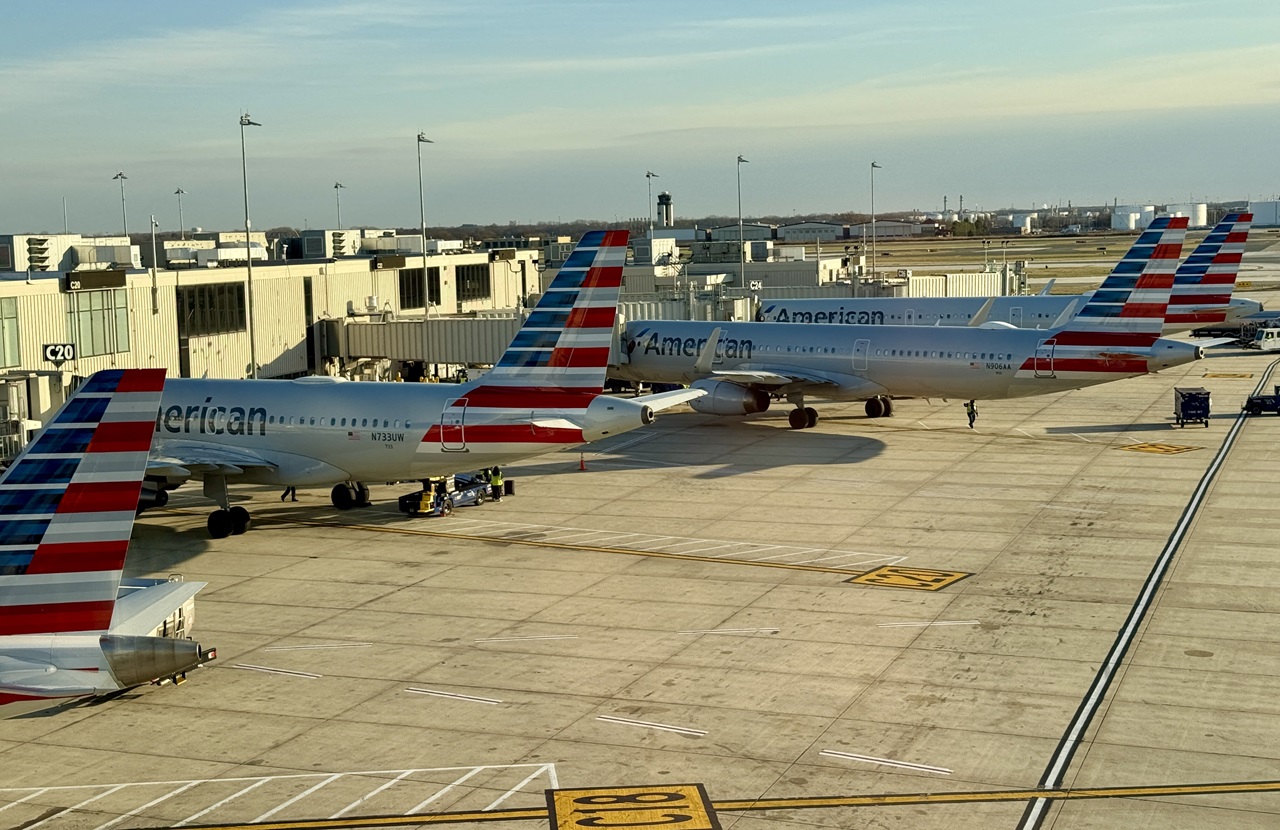
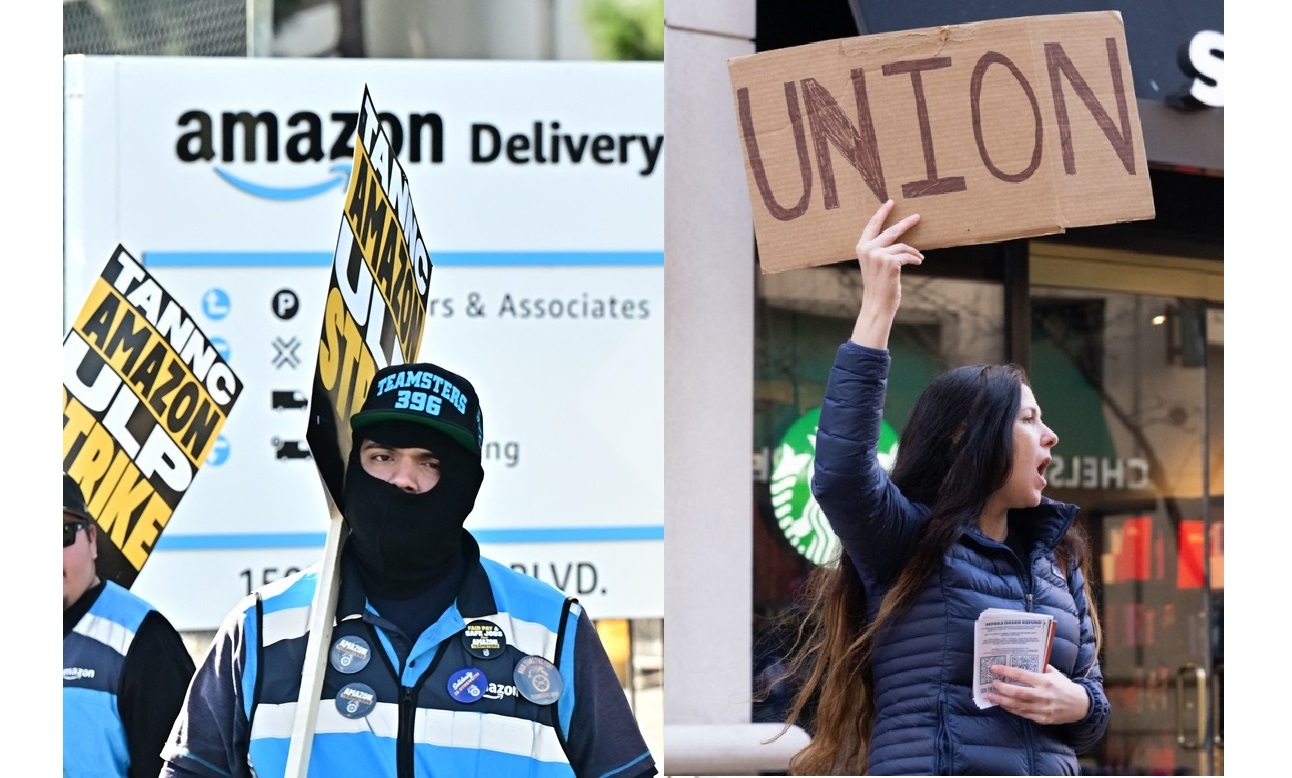
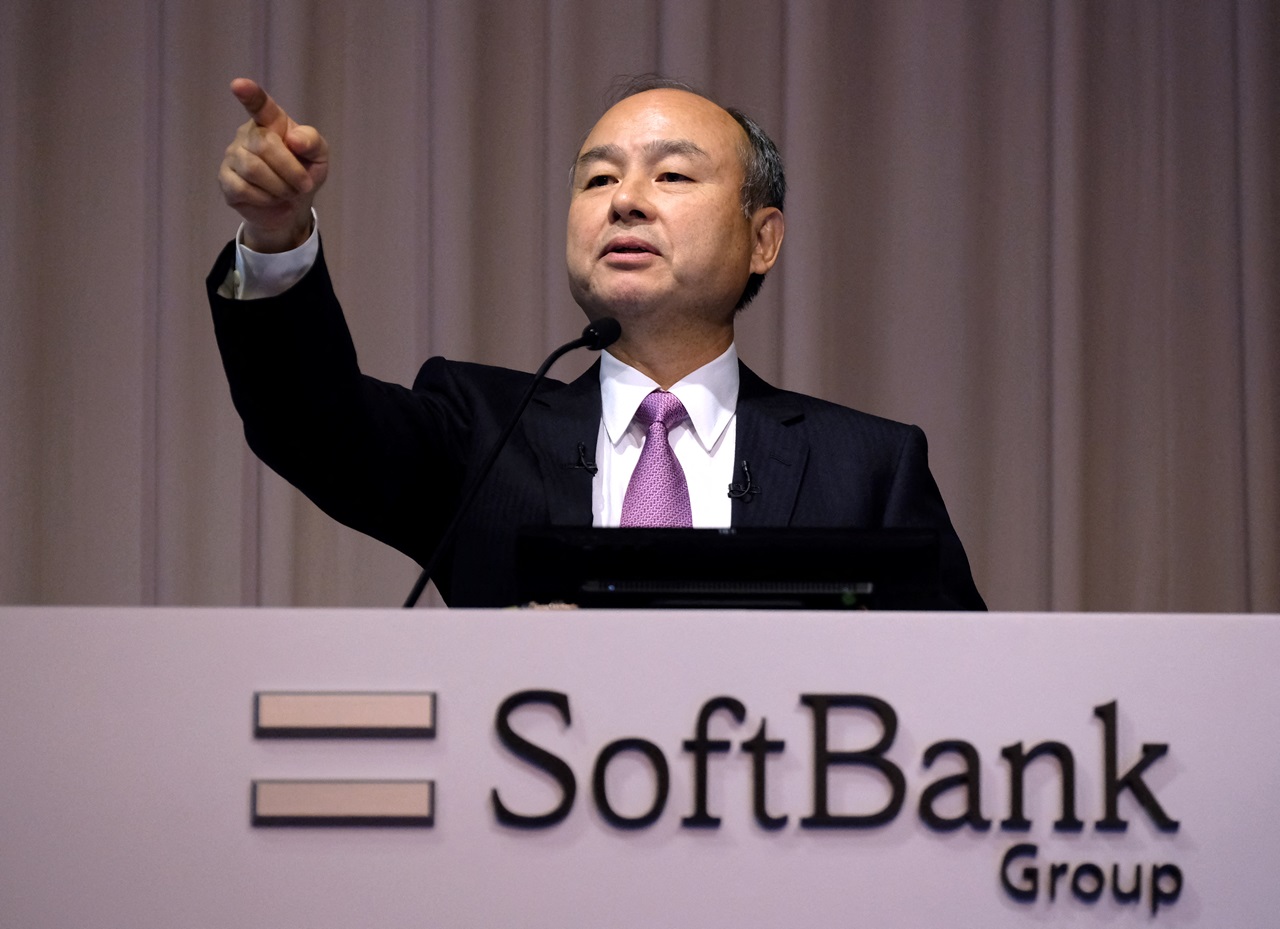

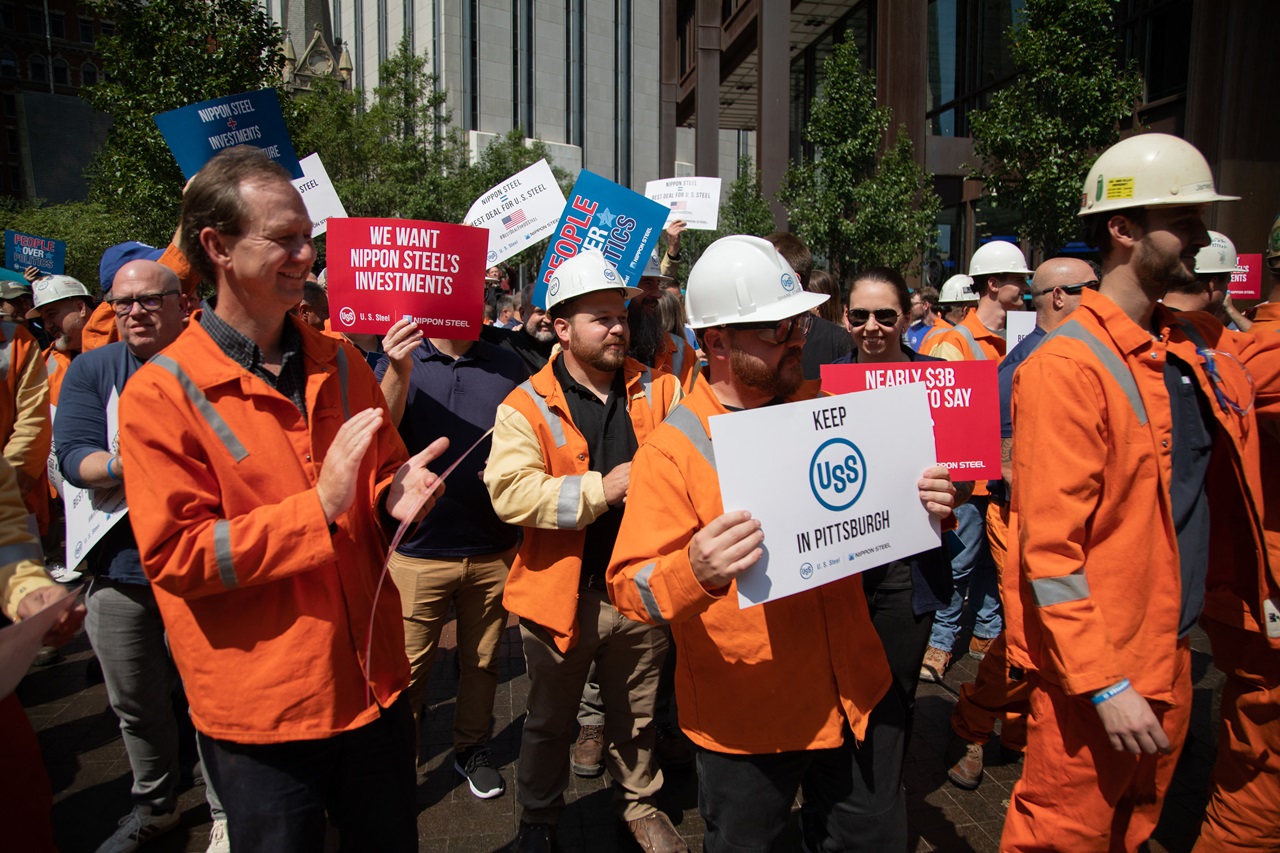
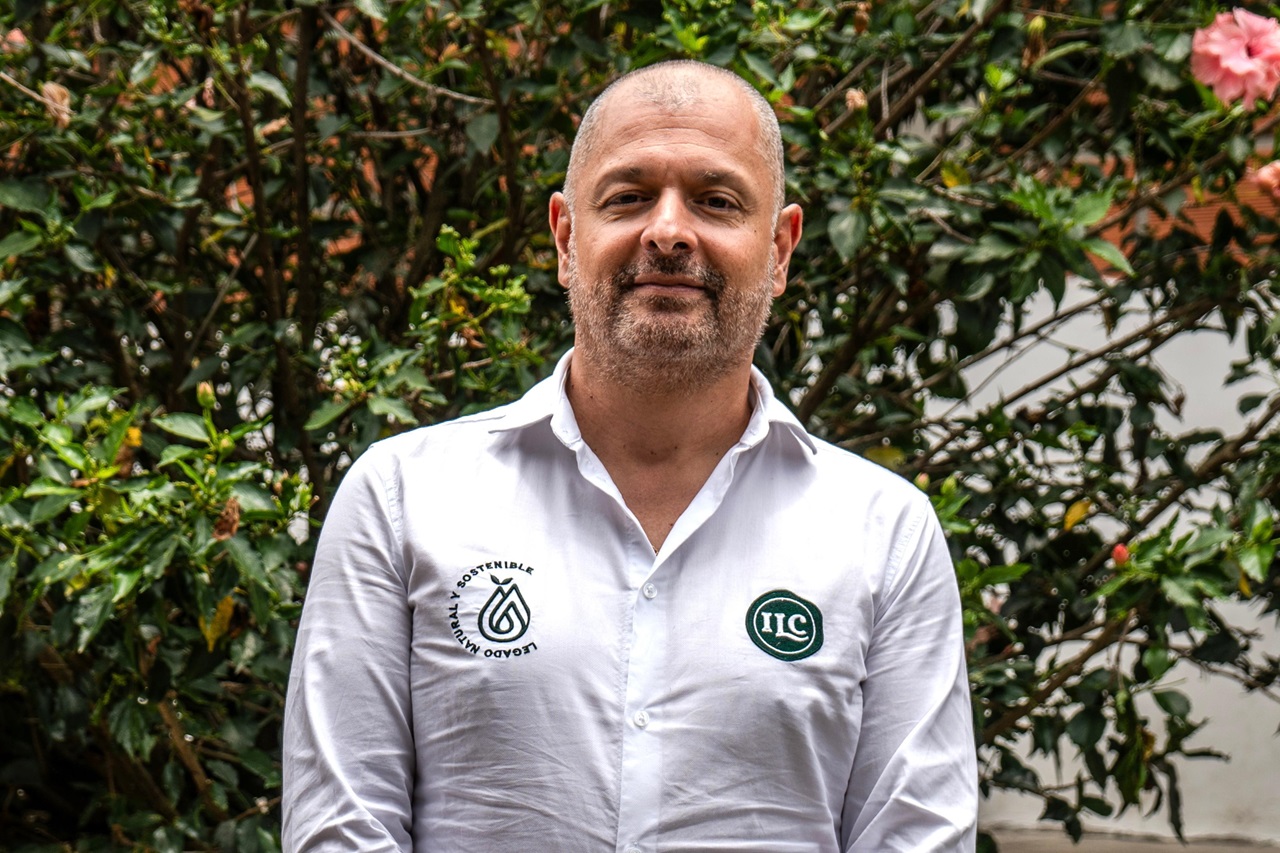
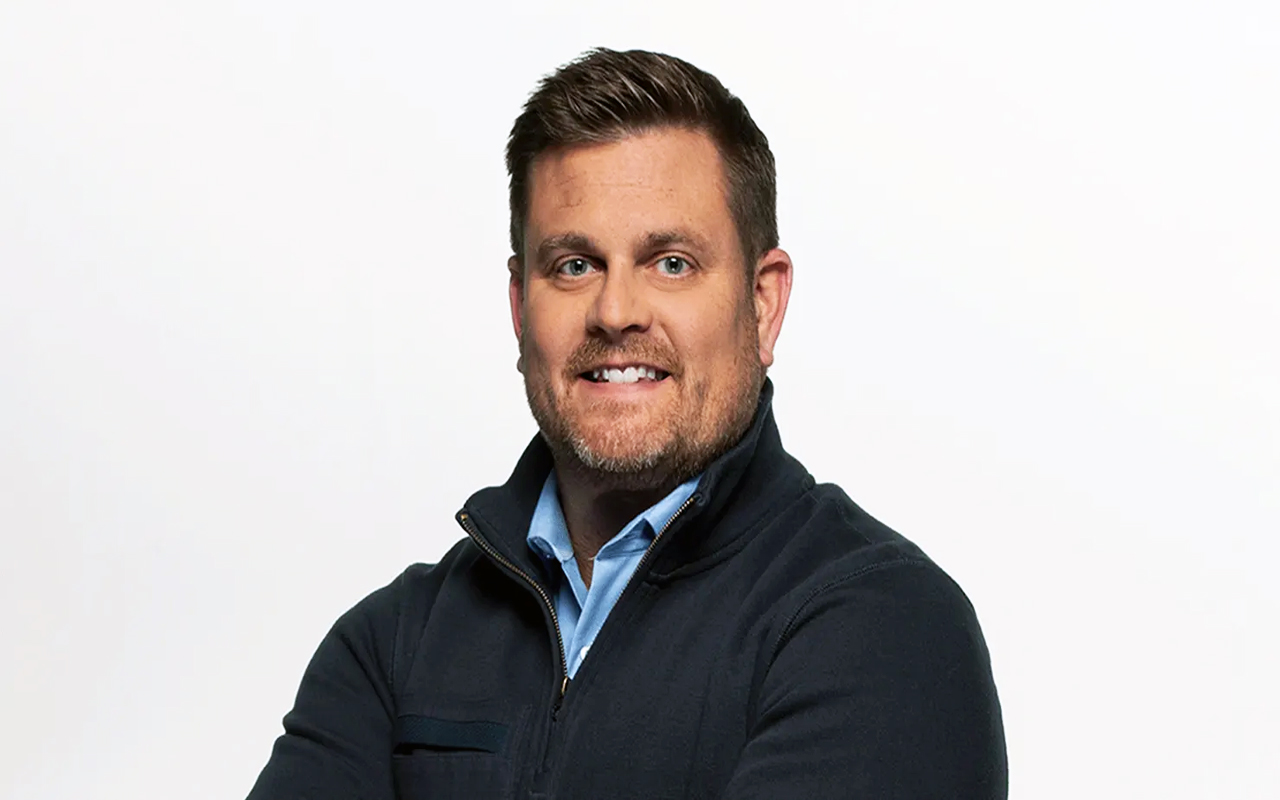
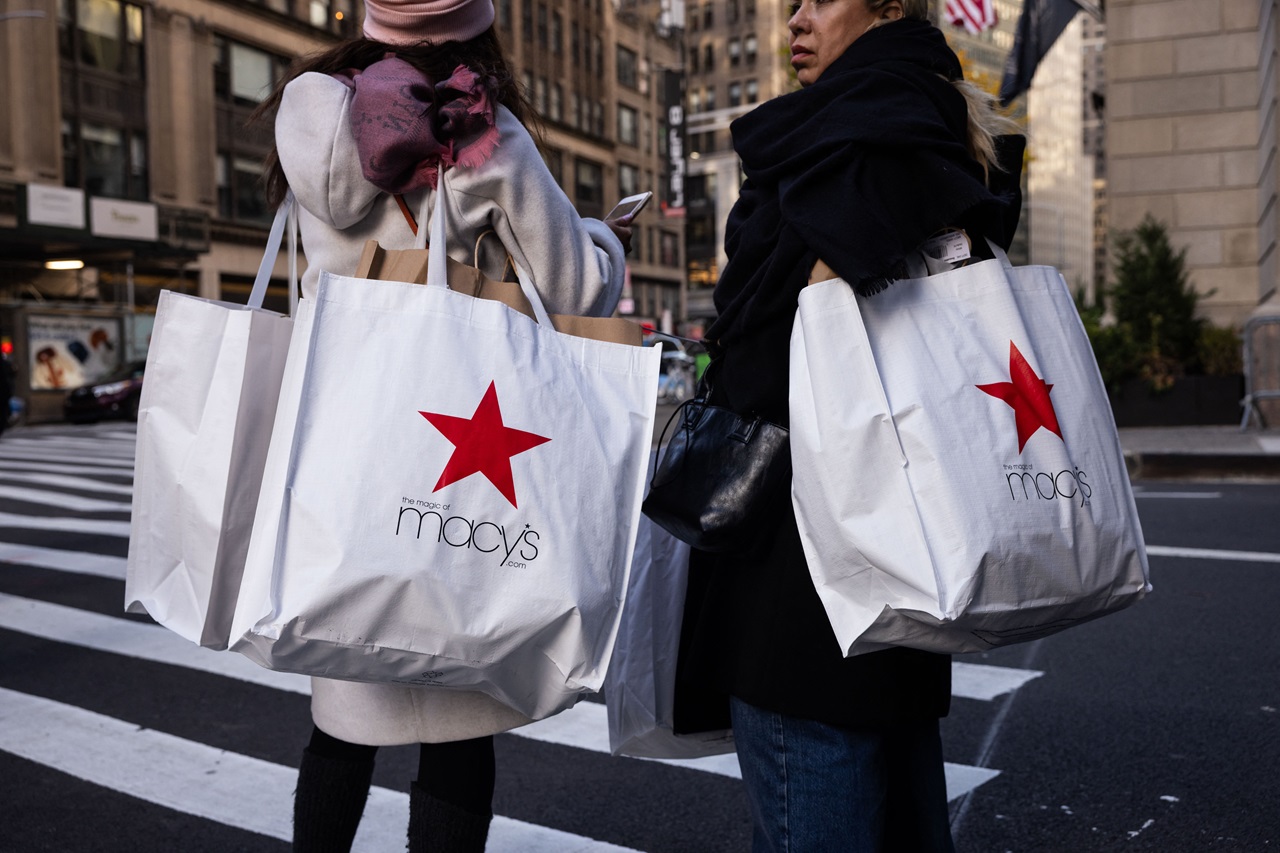
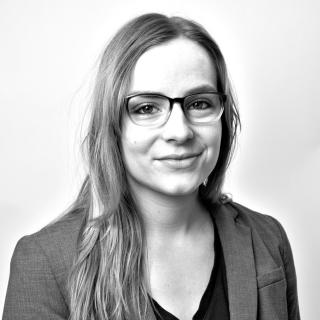
LEAVE A COMMENT:
Join the discussion! Leave a comment.